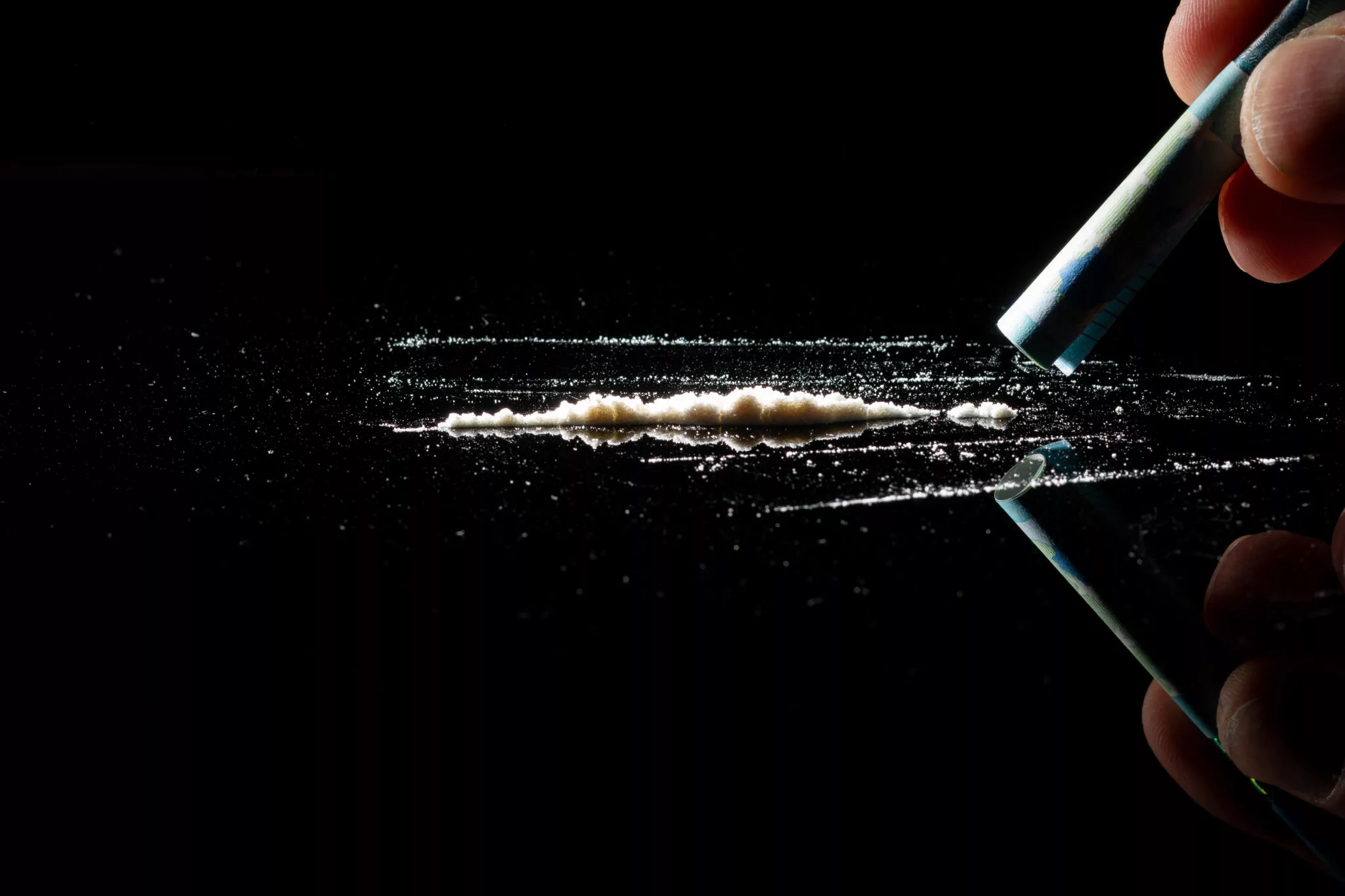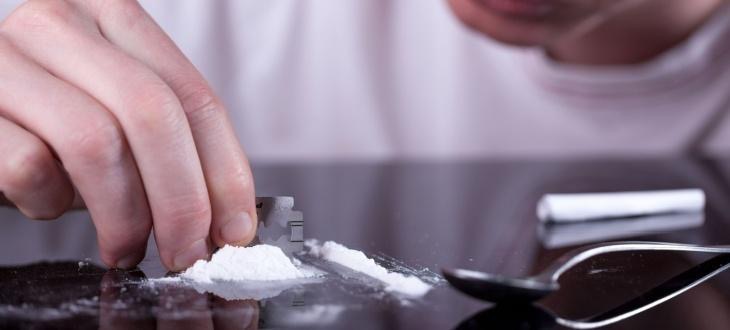Cocaine Addiction Recovery
Cocaine Addiction Treatment & Rehab Center
Legacy Healing Center is a comprehensive addiction treatment center located in South Florida, committed to creating a better life for those suffering from ecstasy (also known as Molly or MDMA) addiction. Built from our core values of compassion, commitment and integrity, our personalized holistic healing approach focuses on healing the mind, body and spirit of individuals seeking a more fulfilling life.
What Are the Signs & Symptoms of Cocaine Addiction?
There are many symptoms and warning signs common among those struggling with cocaine addiction. If you or a loved one is experiencing any of the following, it may be necessary to seek treatment for cocaine addiction:
- Increased agitation or aggressiveness
- Increase in cold-like symptoms
- Nausea
- Restlessness
- Paranoia
- Dilated Pupils
- Nosebleeds
- Hyperactivity
- Involuntary movements and muscle twitches
- Engaging in long periods of sleep
Effects of Cocaine Use
Cocaine has many negative side effects on the mind and body. The excessive or long-term use of cocaine increases an individual’s chance of developing many serious health complications, including the following:
-
Cardiomyopathy:
Cell death in the muscles of the heart.
-
Parkinson’s Disease:
A disorder of the central nervous system that mostly affects the motor system. Behavioral and thinking problems can also occur, including dementia.
-
Cardiac arrhythmia:
Irregular beating of the heart.
-
Endocarditis:
Infection of the inner lining of your heart valves and chambers.
-
Neurological changes:
Cocaine abuse over a period of time causes changes to an individual’s brain chemistry. This can lead to erratic or violent behavior, severe depression, delirium or psychosis, and paranoia.
Other possible complications include heart attacks, strokes, kidney damage, HIV, and hepatitis C. Cocaine abuse can also cause the aorta, the main artery in the human body leading from the heart, to rupture.
Cocaine Information & Facts
Cocaine is a strong, highly addictive, illegal stimulant drug. Also referred to as coke, blow, crack, and snow, cocaine increases the levels of dopamine in the brain circuits that control pleasure and movement.
The excess of dopamine builds up between nerve cells, which disrupts normal brain communication and causes the high felt by the user. The brain’s reward pathway adapts to the excess amounts of dopamine caused by the stimulant, leading to dependence and causing addiction.
Cocaine typically comes as a fine white powder and is commonly snorted through the nose. Many users also rub the powder on their gums and teeth, which causes a numbing sensation to the mouth.
It can be “freebased” and smoked or dissolved in water which can then be injected into the bloodstream as well as smoked. There is also crack cocaine, which appears as solid “rocks” or crystals that are heated up and smoked.
It is very common for cocaine to be mixed with other additives or adulterants in order for the dealer to preserve their supply. Dealers often “cut” cocaine with similar-looking, powder-like substances such as flour, talcum powder, cornstarch, boric acid, and laundry detergent.
It can also be mixed or substituted with other drugs, such as crushed-up painkillers. While doing cocaine is already very dangerous on its own, using the drug while mixed with another substance (usually unknown to the user) can significantly increase the chances of overdose or death.
What is Cocaine Addiction?
Cocaine is a highly addictive substance, which means that the user craves the drug while ignoring the consequences. When a person continues to use cocaine, they may suffer from substance use disorder (SUD) where they have an impaired ability to function in regular activities because of the focus on the cocaine¹. They continue to use the drug in spite of the consequences. In severe cases of SUD, it may be called an addiction.
How to Quit Using Cocaine
It can be difficult to stop using cocaine on your own. It’s best to seek professional treatment with supervision and support.
Inpatient and outpatient rehab treatment are unique options designed to fit the various need of patients. Treatment typically begins with detox to get the cocaine out of your system. The next step is enrolling in a rehabilitation program to help avoid relapsing.
Cocaine Withdrawal Symptoms
When you stop using cocaine, it can produce withdrawal symptoms because your brain has adapted to the substance’s presence and requires it to feel “normal.” The rush you feel from using cocaine fades quickly, causing these symptoms if you don’t follow up with more of the substance. Some of the most common symptoms of cocaine withdrawal include the following:
- Fatigue
- Depression
- Increased appetite
- Agitation
- Anxiety
- Restlessness
- Nightmares
- Suicidal thoughts
These symptoms can begin within hours of your last use and continue for weeks. The severity depends on how often they were using and how much.
Do You Need Medical Supervision for Cocaine Withdrawal?
Whether medical supervision is required for cocaine withdrawal depends on the severity of the symptoms and the ability to tolerate the discomfort. Medical care during detoxification can also help prevent relapse until the detox process has been completed.
Types of Cocaine Withdrawal Management Treatment
Outpatient drug detox is one option for cocaine withdrawal. This method allows you to attend treatment in the evenings or at other set times while still going to work or school. It is best suited to people who have a strong support network.
Inpatient detox is another option, which provides 24-hour care and supervision for the first few days or weeks of withdrawal. Medical staff may provide medications to reduce some of the symptoms of withdrawal. This method of detox is best for those with severe withdrawal symptoms and little support at home.
How to Start Cocaine Recovery
The first step to begin cocaine recovery is to make the decision to get help. Admitting you need help is the most important thing you can do to move forward. The next step is to figure out which kind of cocaine addiction treatment program is right for you. You can choose from inpatient and outpatient programs, depending on how much support you need for your recovery.
Before getting treatment to overcome the drug use, you will need to detox and get the substance out of your system. Once you have gone through detox, you’ll need to seek treatment to help you overcome the psychological dependence on the drug.
With thousands of treatment centers all around the country, you need to find a drug rehab that specializes in cocaine addiction. If you suffer from other drug use or mental conditions, you want to choose a center that treats those as well. You also want to think about how long you need support. Some rehab centers provide 30 to 60-day treatment plans, but others may offer care for longer based on the needs of the individual.
Legacy Healing Center Can Help
Contact us today to find the best option for your needs. Our comprehensive treatment programs can help you find sobriety. You will talk to a treatment specialist to discuss the treatments available and ensure you get the right care for your cocaine addiction. Give us a call at 888.511.8676 to have your questions answered by one of our specialists.


